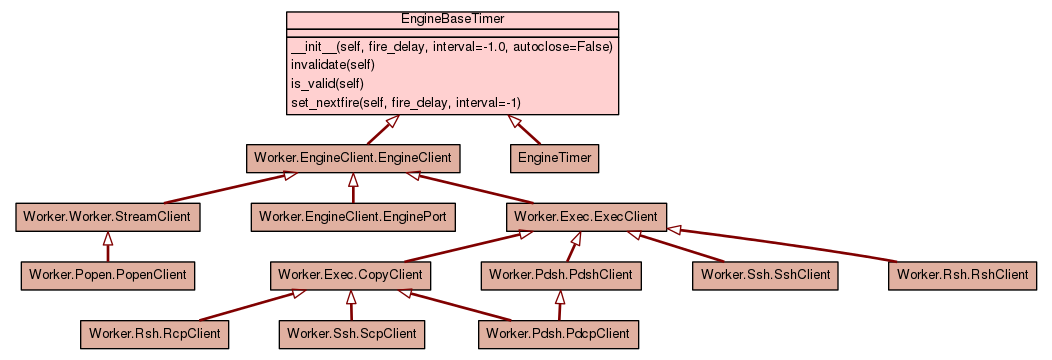set_nextfire(self,
fire_delay,
interval=-1)
| source code
|
Set the next firing delay in seconds for an EngineTimer object.
The optional paramater `interval' sets the firing interval of the
timer. If not specified, the timer fires once and then is automatically
invalidated.
Time values are expressed in second using floating point values.
Precision is implementation (and system) dependent.
It is safe to call this method from the task owning this timer object,
in any event handlers, anywhere.
However, resetting a timer's next firing time may be a relatively
expensive operation. It is more efficient to let timers autorepeat or to
use this method from the timer's own event handler callback (ie. from its
ev_timer).
| 
